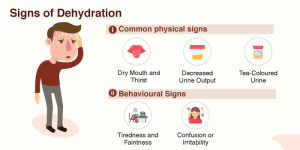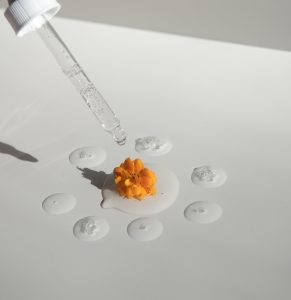
Alcohol is a diuretic, which means it increases the production of urine in your body. When you consume alcohol, your body prioritizes getting rid of the alcohol through urine over retaining water, leading to dehydration. This can result in symptoms such as dry mouth, headaches, and fatigue.
Effects on Nutrient Levels
Alcohol also interferes with the absorption of essential nutrients in your body. It can deplete important vitamins and minerals, such as vitamin B12, folic acid, and magnesium, which are crucial for maintaining overall health. This can result in a weakened immune system, poor digestion, and low energy levels.
Hydration Strategies
To counteract the dehydrating effects of alcohol, it is important to stay hydrated by drinking plenty of water before, during, and after consuming alcohol. Avoiding sugary cocktails and opting for water or unsweetened beverages can also help maintain hydration levels.
Nutrient-Rich Foods
Consuming nutrient-rich foods before and after drinking alcohol can help replenish lost vitamins and minerals. Include foods such as leafy greens, fruits, nuts, and lean proteins in your diet to support your body’s nutrient needs and promote overall health.
Limiting Alcohol Consumption
One of the most effective ways to minimize the negative effects of alcohol on hydration and nutrient levels is to moderate your alcohol intake. Set limits for yourself and be mindful of how much you are consuming to prevent dehydration and nutrient depletion.
Summary
Alcohol can have a significant impact on hydration and nutrient levels in your body. By staying hydrated, eating nutrient-rich foods, and limiting alcohol consumption, you can support your overall health and well-being. Remember to listen to your body and prioritize self-care when consuming alcohol to minimize its negative effects.

